
Outgoing BT chief Philip Jansen has a favorite mantra: "Build like fury".
Jansen has used the term repeatedly during a furious race to roll out full fiber broadband in the UK. Boris Johnson fired the starting gun with a promise to reach every home in the country by 2025.
The target not only sparked a wave of investment from BT, but also led to the creation of a series of new challengers who have emerged to build their own rival networks.
The goal of full coverage by the middle of the decade was always a challenge. The original promise has been watered down to an 85% target, while the promise of full fiber connections has been replaced by the more forgiving term 'gigabit compatible'.
Under current plans, full coverage - defined as 99% of the UK - should be achieved by the end of the decade.
Now, however, a gloomy economic backdrop is casting new doubt on the plans. Rising interest rates have sparked a financial crisis among debt-financed challengers, while inflation-lowering price increases have left many consumers wondering whether they will be able to pay their bills.
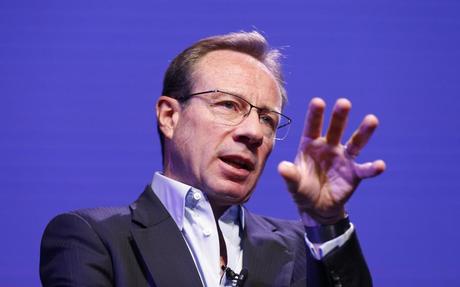
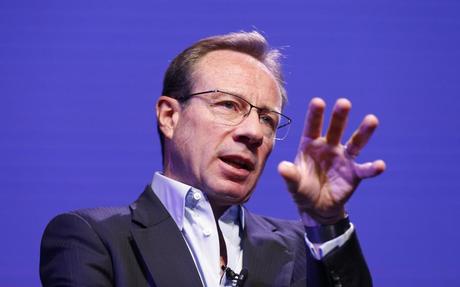
According to the latest data from Think Broadband, 79% of households now have access to gigabit-capable connections, meaning Britain is on track to meet its interim target of 85% coverage by 2025.
But there is less certainty about the later phases of the plan. The government has pledged £5 billion to help reach the last segment of the population whose rural location makes it difficult and expensive to connect.
Many of these contracts have already been handed out to alternative providers - known as 'alt-nets' - but a potential wave of corporate bankruptcies could put this target at risk.
Spurred by low financing costs, alt-nets launched debt-funded efforts to connect British homes and compete with BT.
Yet it has not been self-evident. Competition has made overbuild - where different providers build networks in the same town or city - inevitable, which hurts adoption. Rising costs due to soaring inflation have also taken their toll.
The story continues
Most damaging, however, is the recent rise in interest rates, which has driven up the cost of servicing debt.
This almost doubled Cityfibre's losses to £210 million last year, while Hyperoptic's losses increased by 60%. Both companies have been forced to cut jobs.
Others, including London-focused Community Fibre, have been forced to slow their construction plans and instead focus on connecting customers to existing infrastructure.
The crisis has fueled predictions that only a handful of players will survive. Dana Tobak, CEO of Hyperoptic, has admitted that it is "inevitable that some will fail and others will succeed."
Mike Fries, boss of VMO2's parent company Liberty Global, has gone further, saying that ultimately only VMO2 and BT will remain.
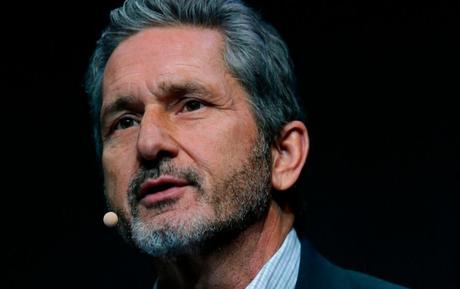
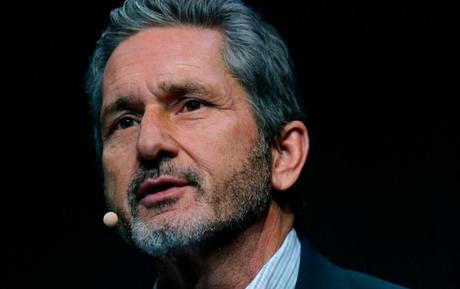
BT's Jansen has said the former monopoly is "ready and waiting" to intervene.
Inevitably, the comments have ruffled feathers. One source complains that the "sole aim of the major incumbents is to undermine infrastructure competition."
Yet it is more than just talking. Ofcom is drawing up plans for a 'supplier of last resort' regime, similar to that in the energy sector, to ensure there is no disruption to broadband services if providers start to collapse.
James Barford, analyst at Enders Analysis, says alt-nets are under "significant pressure," adding that consolidation is "widely expected."
While Ofcom is believed to be putting contingency plans in place, the company says these are not specific to any individual business.
Matthew Howett, founder and CEO of Assembly Research, says one of the main goals of alt-nets has been to push Openreach to build its own network faster.
"That dynamic has already happened, it's happened... so I think once they set off those fireworks, the vast majority of Project Gigabit will happen," he says.
Barford added: "Achieving full coverage is something that already requires government intervention and it is not entirely clear whether we will achieve that in 2030 or shortly thereafter."
The problems are not just with the providers; the rising costs are also felt by consumers.
Telecom companies increased their bills by as much as 15% in April and further inflation-reducing price increases are expected next year.
Consumer group Die estimates that telecoms providers will rake in almost half a billion pounds by 2024 from mid-contract price increases on mobile and broadband bills alone.
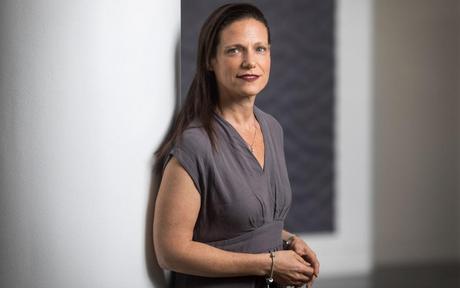
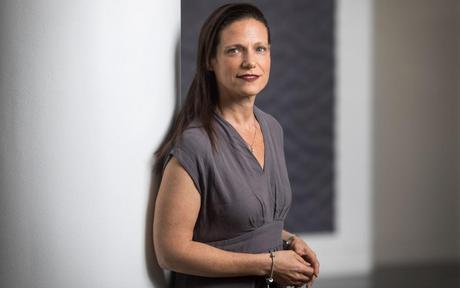
There are increasing concerns that this could impact recording. New figures from Ofcom show that 7% of British adults do not have access to the internet at home, with a quarter of these people blaming the high costs.
For the lowest socio-economic groups this rose to over a third.
The issue of affordability is an important consideration for Ofcom, which is tasked with protecting consumers.
The regulator has opened investigations into inflation-related price increases across the sector, as well as whether mobile and broadband companies have been honest enough about how much they charge. The findings will follow in the coming weeks.
"The broadband market is not growing as fast as you would expect, as fast as it has in the past, and the cost of living crisis probably has something to do with that," Barford says.
However, he adds that the slowdown is also due to a surge in demand during the pandemic and says telecom prices generally remain affordable.
However, it's not just a matter of prices. Broadband providers will also have to convince consumers of the benefits of full fiber broadband.
"Our research has shown that people don't always understand the benefits of full fiber and don't want to pay more for their broadband," said Rocio Concha, director of policy and advocacy at Which.
"The government must take this into account, among other barriers to its use, as it continues to deliver gigabit-capable broadband nationwide."
As costs continue to rise, broadband builders risk their gamble not paying off.
A government spokesperson emphasized that the full fiber rollout is "on schedule".
They added: "We support suppliers of all sizes to extensively roll out their networks, and we are closely monitoring the market to ensure people in the UK can get the connectivity they need for decades to come ."
